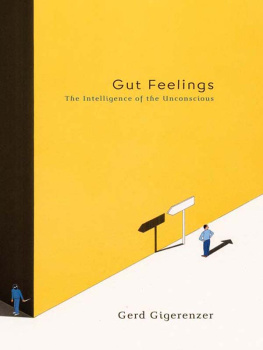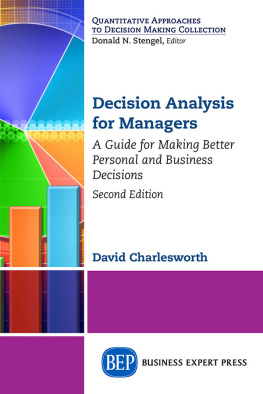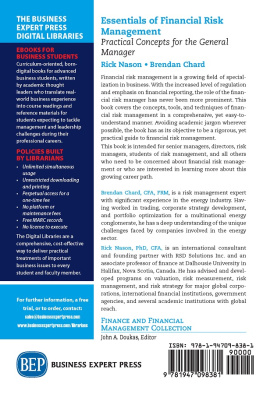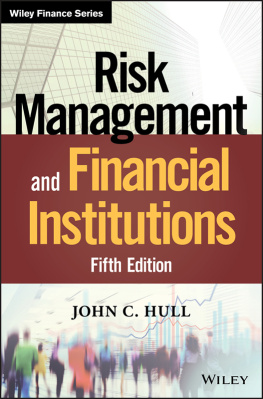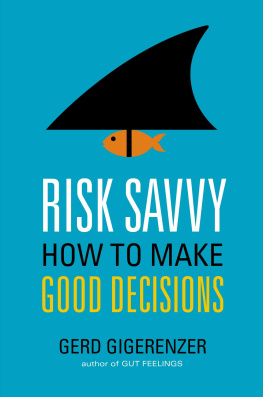To be alive at all involves some risk.
1
Are People Stupid?
Knowledge is the antidote to fear.
Ralph Waldo Emerson
R emember the volcanic ash cloud over Iceland? The subprime disaster? How about mad cow disease? Each new crisis makes us worry until we forget and start worrying about the next one. Many of us found ourselves stranded in crowded airports, ruined by vanishing pension funds, or anxious about tucking into a yummy beef steak. When something goes wrong, we are told that the way to prevent further crisis is better technology, more laws, and bigger bureaucracy. How to protect ourselves from the next financial crisis? Stricter regulations, more and better advisers. How to protect ourselves from the threat of terrorism? Homeland security, full body scanners, further sacrifice of individual freedom. How to counteract exploding costs in health care? Tax hikes, rationalization, better genetic markers.
One idea is absent from these lists: risk-savvy citizens. And there is a reason.
Human beings are fallible: lazy, stupid, greedy and weak, an article in the Economist announced.disclose health information that might be misunderstood in the first place. All of this points to the conclusion that Homo sapiens (man the wise) is a misnomer. Something has gone wrong in our genes. Evolution seems to have cheated us with shabby mental software and miswired our brains. In short, John and Jane Q. Public need continuous guidance, as a child needs a parent. Although we live in the high-tech twenty-first century, some form of paternalism is the only viable strategy: Close the doors, collect the experts, and tell the public whats best for them.
This fatalistic message is not what you will read in this book. The problem is not simply individual stupidity, but the phenomenon of a risk-illiterate society.
Literacythe ability to read and writeis the lifeblood of an informed citizenship in a democracy. But knowing how to read and write isnt enough. Risk literacy is the basic knowledge required to deal with a modern technological society. The breakneck speed of technological innovation will make risk literacy as indispensable in the twenty-first century as reading and writing were in previous centuries. Without it, you jeopardize your health and money, or may be manipulated into unrealistic fears and hopes. One might think that the basics of risk literacy are already being taught. Yet you will look in vain for it in most high schools, law schools, medical schools, and beyond. As a result, most of us are risk illiterate.
When I use the general term risk savvy I refer not just to risk literacy, but also more broadly to situations where not all risks are known and calculable. Risk savvy is not the same as risk aversion. Without taking risks, innovation would end, as would fun, and courage would belong to the past. Nor does risk savvy mean turning into a reckless daredevil or BASE jumper, denying the possibility of landing on ones nose. Without a beneficial degree of caution, humans would have ceased to exist long ago.
You might think, why bother if there are experts to consult? But it isnt that simple. Bitter experience teaches that expert advice may be a dangerous thing. Many doctors, financial advisers, and other risk experts themselves misunderstand risks or are unable to communicate them in an understandable way. Worse, quite a few have conflicts of interest or are so afraid of litigation that they recommend actions to clients they would never recommend to their own families. You have no choice but to think for yourself.
Id like to invite you into the world of uncertainty and risk, beginning with weather reports and a very humble hazard, getting soaked.
Chances of Rain
A weathercaster on U.S. television once announced the weather this way:
The probability that it will rain on Saturday is 50 percent. The chance that it will rain on Sunday is also 50 percent. Therefore, the probability that it will rain on the weekend is 100 percent.
Most of us will smile at this.
Are people hopelessly confused? Not necessarily. Part of the problem is the experts who never learned how to explain probabilities in the first place. If they clearly stated the class to which a chance of rain refers, the confusion would disappear. Time? Region? Days? What meteorologists intend to say is that it will rain on 30 percent of the days for which this prediction is made. And rain refers to any amount above some tiny threshold, such as 0.01 inches. Left on their own, people intuitively fill in a reference class that makes sense to them, such as how many hours, where, or how heavily it rains. More imaginative minds will come up with others still. As one woman in New York said, I know what 30 percent means: Three meteorologists think it will rain, and seven not.
Here is my point. New forecasting technology has enabled meteorologists to replace mere verbal statements of certainty (it will rain tomorrow) or chance (it is likely) with numerical precision. But greater precision has not led to greater understanding of what the message really is. The confusion over probabilities of rain has persisted in fact since the very first time they were broadcast to the public in 1965 in the United States. This confusion is not just limited to rain, but occurs whenever a probability is attached to a single eventsuch as if you take an antidepressant, you have a 30 percent chance of developing a sexual problem. Does that mean that 30 percent of all people will develop a sexual problem, or that you yourself will have a problem in 30 percent of your sexual encounters? The solution to clearing this widespread and long-standing muddle is surprisingly simple:
Always ask for the reference class: Percent of what?
If weathercasters were taught how to communicate to the public, you wouldnt even have to ask.
Getting soaked is a minor risk, although for some, from the farmer to Ferrari, the chances of rain matter. Before the Formula 1 Grand Prix, one of the most-discussed issues is the weather forecastchoosing the right tires are the key to winning the race. The same holds for NASA: The weather forecast is essential for approving or canceling a space shuttle launch, as the Challenger disaster tragically illustrates. Yet for most of us, all that is at stake is canceling a family outing unnecessarily or getting wet feet. People may not make a special effort to understand chances of rain simply because the hazards are modest. Are we more risk savvy when something truly important is at stake?


